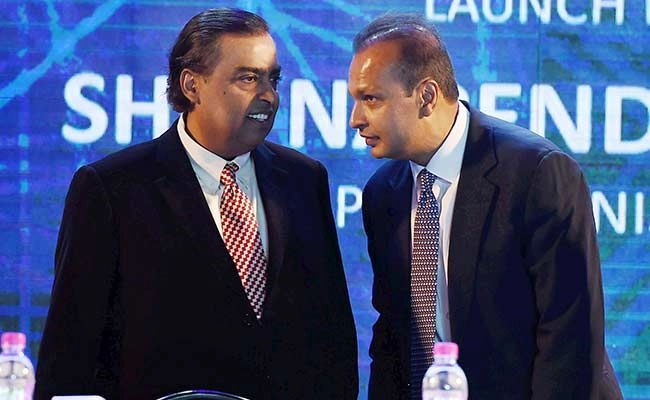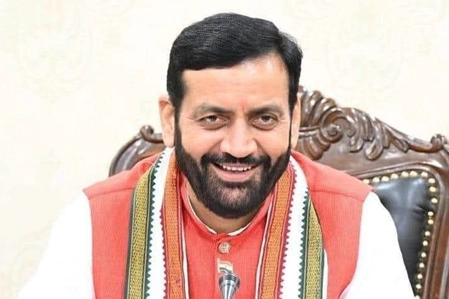In a recent development that has stirred emotions across the nation, Prime Minister Narendra Modi expressed his outrage over the attack on the Chief Justice of India, N.V. Ramana. During a conversation with the Chief Justice, the Prime Minister conveyed the collective sentiment of anger felt by every Indian regarding the incident. This attack, which many view as an affront to the judiciary and the democratic framework of the country, has raised significant concerns about the safety and integrity of those who serve in pivotal roles within the government.
The Prime Minister’s condemnation of the attack underscores the importance of safeguarding the judiciary, which serves as the cornerstone of democracy and the rule of law. Modi emphasized that any assault on judicial figures not only undermines their authority but also threatens the very foundations of justice and fairness that the nation stands for. His comments reflect a broader consensus among various political leaders and citizens alike, who believe that such acts of violence cannot be tolerated in a democratic society. This incident has sparked discussions about the need for enhanced security measures for judicial officials and a reevaluation of the societal attitudes that may lead to such aggression.
Furthermore, the Prime Minister’s dialogue with the Chief Justice signifies a commitment to uphold the independence of the judiciary and protect its members from any form of intimidation or violence. As the judiciary plays a critical role in maintaining checks and balances within the government, it is imperative that its integrity is preserved. The attack has prompted calls for unity among citizens and leaders to ensure that the sanctity of judicial institutions is upheld and that those who threaten this sanctity are held accountable.
The incident has also ignited a broader conversation about the challenges faced by judicial authorities in India. Many advocates for judicial reform argue that the government must take proactive steps to foster a safe environment for judges and legal professionals. This could include implementing stricter laws against threats and violence aimed at judicial figures, as well as raising public awareness about the vital role that the judiciary plays in protecting citizens’ rights. In the wake of this attack, there is a growing recognition of the need to reinforce the respect and reverence that the judiciary commands in society.
In conclusion, the Prime Minister’s strong stance against the attack on Chief Justice Ramana resonates deeply with a nation that values its democratic principles. The incident serves as a reminder of the vulnerabilities faced by those in positions of authority and the need for collective action to safeguard the rule of law. As the country grapples with the implications of this attack, it is essential that citizens and leaders alike come together to reaffirm their commitment to justice, ensuring that the judiciary can operate without fear of retribution or violence. The unity displayed in the wake of this incident may very well serve as a catalyst for positive change, reinforcing the importance of respecting judicial independence and authority throughout India.




